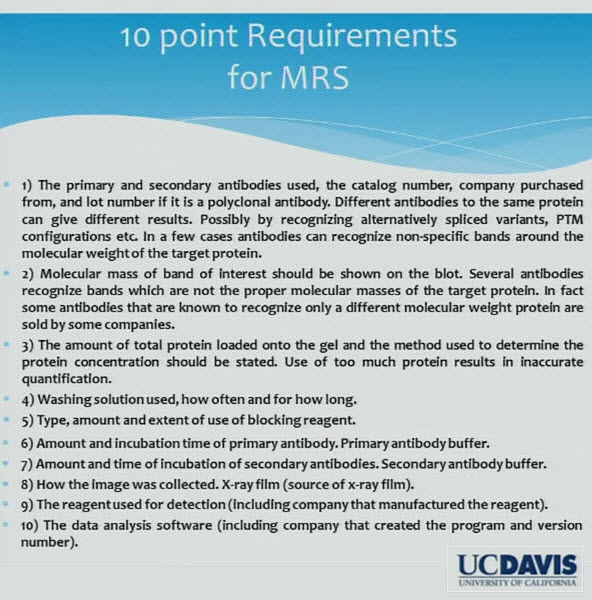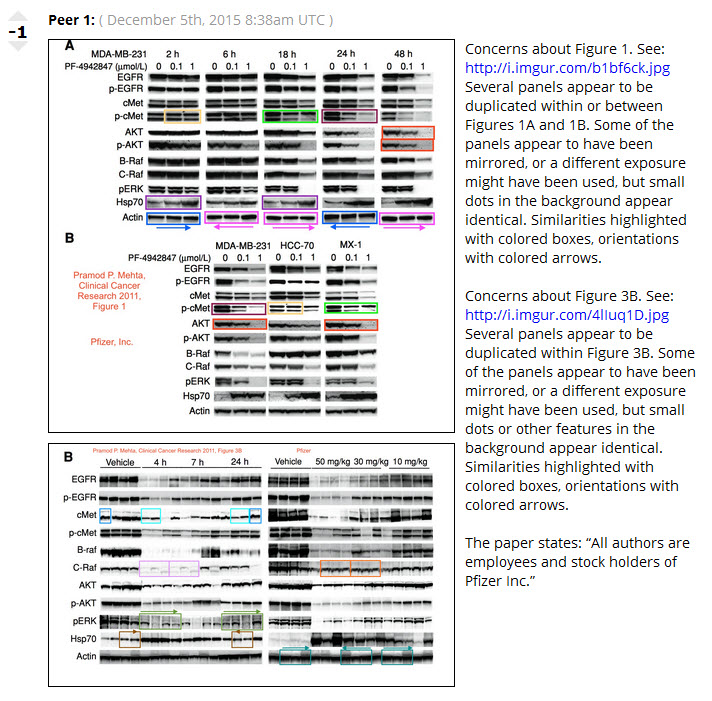Earlier this month the bioscience community was rocked by yet another spate of retracted articles utilizing Western blotting data.
The For Better Science website reported on the retraction of 5 papers from a Pfizer researcher for manipulation of image data.
The Retraction Watch site reported that a former cancer biologist at the Moffitt Cancer Center in Tampa, Florida has retracted 19 papers from a single journal. All of the retractions were for image manipulation.
And now all the research based upon the retracted research is wasted. But, even worse, is the promulgation of the crisis of trust in science.
The problem is, the generally low quality of Western blotting data has led scientists to question whether we can trust protein quantification when using Western blots at all.
But what can be done? How can the field of Western blot research regain the trust it has lost?
In 2014, the author of PubPeer suggested “A more effective approach would be to leverage the motivation and expertise of the researchers most interested in the subject. How much better if they were the policemen, rather than uninterested, conflicted and bureaucratic organizations. This could be done if together we invert the burden of proof. It should be your responsibility as a researcher to convince your peers, not theirs to prove you wrong. If you cannot convince your peers, that should be a problem for you, not a problem for them. Simply managing to publish a conclusion with some incomplete data should not be enough. Although this may sound Utopian, we argue next that there are now mechanisms in place that could realistically create this sea change in attitude.”
And it appears that at least one researcher, Aldrin Gomes, PhD, Associate Professor of Neurobiology at UC Davis agrees and has stepped up to the challenge!
This 45 minute video entitled “Can We Trust Western Blots?” outlines Professor Gomes strategy in his lab for creating high quality, reliable, and reproducible results in Western Blot research.
If you don’t have time to watch the whole video, here’s a summary of his conclusions:

Aldrin Gomes, Associate Professor of Neurobiology at UC Davis
At the very least, these should be the minimum reporting standards that must become the new criteria for publishing research based on Western blotting data.
There are so many variables that affect the outcome of Western blot research. Therefore, reducing errors and misinterpretations in Western blotting requires standardizing the procedures and implementing proper controls.
By improving and standardizing basic criteria for Western blotting practices, more investigators will be successful in eliminating common problems associated with “bad” western blots.




